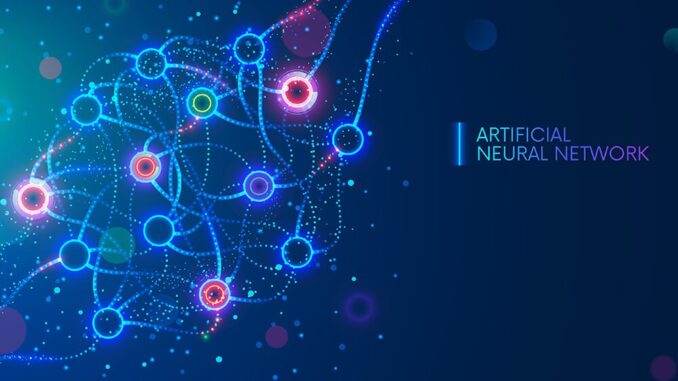
As of 2023, several artificial intelligence (AI) technologies stand out for their impact, innovation, and applications across industries. Here are some of the best and most influential AI technologies:
1. **Machine Learning (ML)**: – **Supervised Learning**: Algorithms are trained on labeled data to make predictions or classifications.









– **Unsupervised Learning**: These algorithms identify patterns in unlabeled data, useful for clustering and association.
2. **Deep Learning**:
– A subset of ML using neural networks with many layers (deep networks) to model complex data patterns, especially effective in image and speech recognition.
3. **Natural Language Processing (NLP)**:
– Technologies that enable machines to understand, interpret, and respond to human language. Applications include chatbots, sentiment analysis, and language translation (e.g., GPT-3, BERT).
4. **Computer Vision**:
– Enabling machines to interpret and make decisions based on visual data from the world. Applications include facial recognition, autonomous vehicles, and medical imaging analyses.
5. **Reinforcement Learning**:
– An area of ML where agents learn by interacting with their environment, receiving rewards for actions taken. This technology is prevalent in robotics, game playing (e.g., AlphaGo), and autonomous systems.
6. **Generative Adversarial Networks (GANs)**:
– A class of machine learning frameworks in which two neural networks contest with each other, used for generating realistic synthetic data, images, and videos.
7. **Robotic Process Automation (RPA)**:
– Using AI to automate routine, rule-based tasks across applications, resulting in improved efficiency and reduced error rates in business processes.
8. **Edge AI**:
– AI algorithms that process data on devices (like smartphones, drones, and IoT devices) rather than in centralized data centers. This reduces latency and improves privacy.
9. **Explainable AI (XAI)**:
– Techniques aimed at making AI decisions transparent and interpretable to users, critical in regulated industries like finance and healthcare.
10. **AI in Cybersecurity**:
– AI technologies that help to detect, analyze, and respond to cyber threats in real time, improving the security posture of organizations.
11. **AI for Healthcare**:
– Technologies providing diagnostic support, personalized treatment recommendations, and drug discovery, enhancing patient outcomes and operational efficiency in healthcare settings.
12. **Speech Recognition and Synthesis**:
– Technologies that convert audio input into text (recognition) and generate human-like speech from text (synthesis), widely used in virtual assistants and customer support systems.
13. **Automated Machine Learning (AutoML)**:
– Tools that simplify the process of applying machine learning to real-world problems by automating the selection, composition, and parameterization of ML models.
14. **Federated Learning**:
– A machine learning paradigm where multiple decentralized devices collaboratively learn a shared prediction model while keeping the data localized, enhancing privacy and security.
These technologies represent a broad range of applications, driving innovation in various sectors, including healthcare, finance, automotive, retail, and beyond. As AI continues to evolve, we can expect new breakthroughs and enhanced capabilities to arise in the coming years.

Leave a Reply